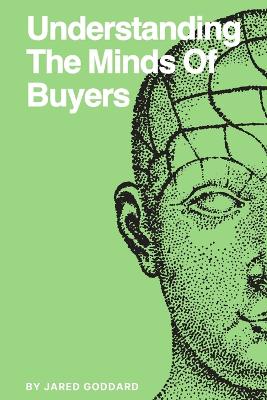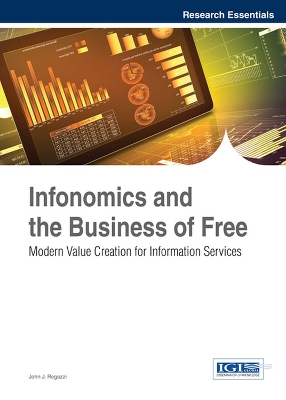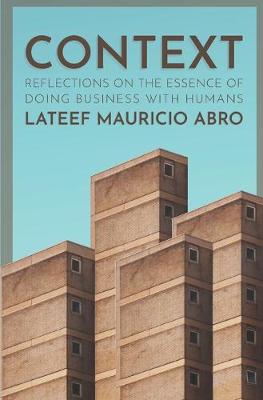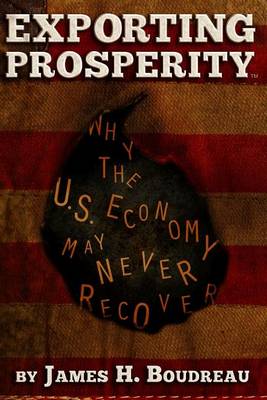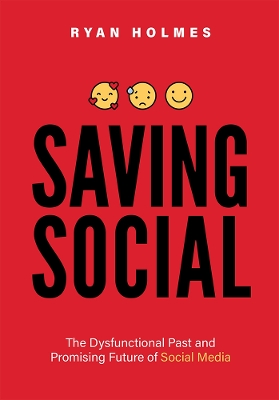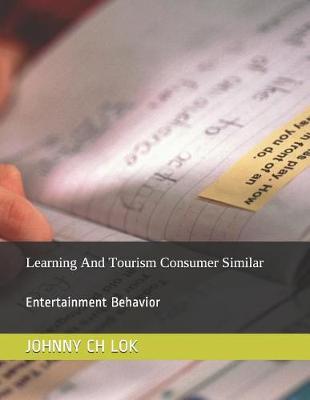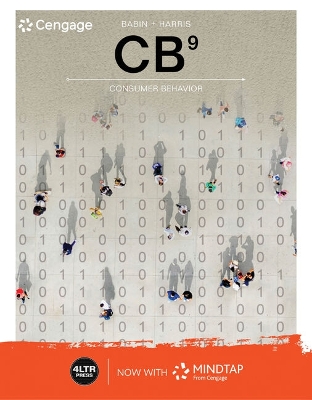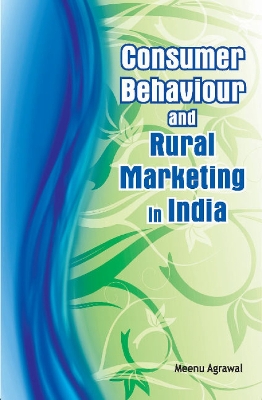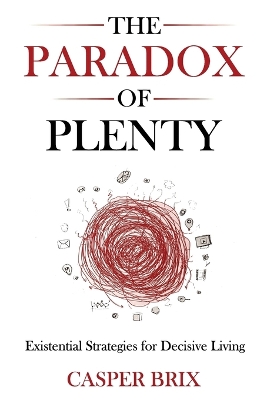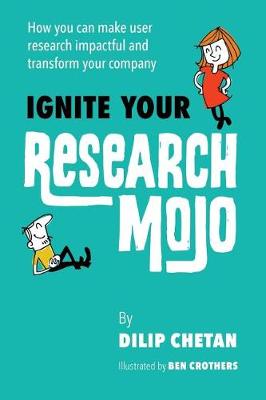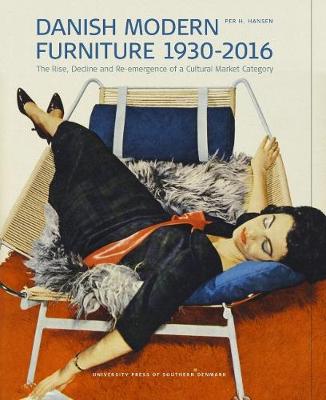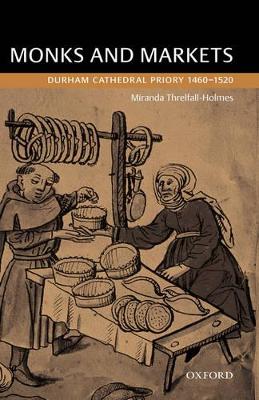Infonomics and Value Creation in the New Business of Free
by John J. Regazzi
The term infonomics has been coined to convey the underlying value of information in terms of its production, market demand, and economic impact. All consumers have come to assume that the information they seek is easily accessible, and more importantly, free of charge. Infonomics and the Business of Free: Modern Value Creation for Information Services addresses the question of whether or not information has become a commodity and examines how infonomics and the “business of free” have changed...
Trade Marks, Fakes and Consumers (House of Commons Papers, No. 797 (Session 1998-99))
Modern Markets (Command Paper, #4410)
Consumer Australia
Donald Horne’s The Lucky Country claimed that “Australia was one of the first nations to find part of the meaning of life in the purchase of consumer goods.” Significantly, similar views had been expressed in the late 18th century, where everyday life in the antipodean outpost of Empire was regarded as being pecuniary and acquisitive in nature. While references to Australia as a “consumer society” continue to be made, the question of how Australia came to be so has attracted less attention. The...
Learn the principles and skills behind consumer behavior in the way that's best for you with Babin/Harris' CB, 9E. Carefully crafted and based on continuous research into the workflows and learning preferences of students like you, CB from 4LTR Press offers an innovative learning experience with printed, online or mobile options. This edition integrates the latest developments, technology and emerging trends in consumer behavior with visually driven content and learning features that address all...
A ground-breaking exploration of the Chinese elite's consumption of luxury products and their attitudes toward luxury goods. Elite China identifies the Chinese luxury product consumers and the characteristics of their luxury consumption, explains the implications for luxury firms and marketers and most importantly, spells out strategies for international luxury brands and Chinese luxury brands to succeed in Chinese market.
Danish Modern Furniture, 1930-2016 (Studies in History and Social Sciences, #554)
by Per H Hansen
Multinationals and Global Consumers: Tension, Potential and Competition
Risk Management: An Introdution
by The Silver Lake Editors The Silver Lake Editors
Satisfied Customers Tell Three Friends, Angry Customers Tell 3,000: Running a Business in Today's Consumer-Driven World
by Pete Blackshaw
The institutions of the middle ages are generally seen as tradition-bound; Monks and Markets challenges this assumption. Durham's outstanding archive has allowed the uncovering of an unprecedented level of detail about the purchasing strategies of one of England's foremost monasteries, and it is revealed that the monks were indeed reflective, responsive, and innovative when required. If this is true of a large Benedictine monastery, it is likely to be true also for the vast majority of other hou...
